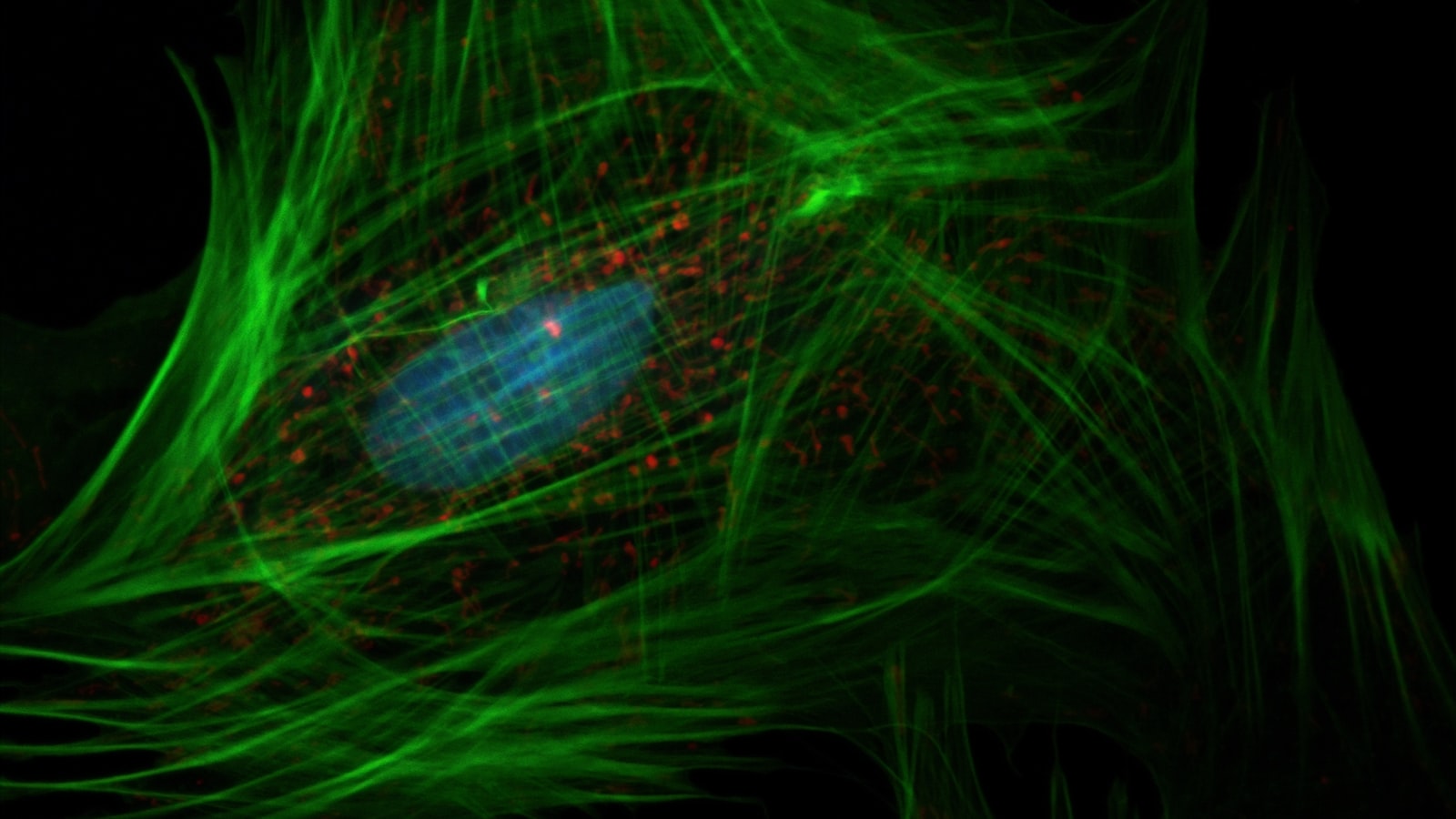A virus sitting on Australia’s doorstep with the potential to cripple exports of Australian cattle, meat and dairy is being dubbed a “forgotten disease”.
Key points:
- LSD is currently present in more than 50 countries, including Russia, China, Malaysia, Singapore, Turkey, India and Kenya
- Experts believe there is a 28 per cent likelihood of an outbreak of LSD in the next five years
- An incursion of LSD in Australia would cost $7.4 billion from lost trading opportunities in the first year
Expert analysis has warned that lumpy skin disease (LSD) is almost three times more likely to arrive in Australia compared to foot-and-mouth disease but getting barely any national attention compared to the latter.
An outbreak of LSD would wipe more than $7 billion from Australia’s farm sector in its first year.
Australian cattle producers have been on high alert for the mosquito-spread disease since it was detected on the Indonesian island of Sumatra in March.
It has prompted farmers to call on the Australian government to immediately seek trade talks with Indonesia and other nations to ensure exports continue if the disease does come to Australia.
Australia is free from LSD, but expert analysis from the Centre of Excellence for Biosecurity Analysis earlier this year found a 28 per cent likelihood of an outbreak in the next five years.
That compares to an 11.6 per cent risk for foot-and-mouth.
Lumpy Skin likelihood
Lumpy skin disease is spread to cattle and buffalo via insects such as flies, mosquitoes and possibly ticks, and can spread at up to 28 kilometres a day.
The Northern Territory’s chief vet Sue Fitzpatrick said some scientists believe an LSD outbreak in Australia is inevitable.
“There are other experts that believe that lumpy skin disease, given the patterns of spread around the world will enter Australia, so 100 per cent probability, but the timeline for that is unknown, it could be potentially as early as this wet season, but could be 10 years away,” Dr Fitzpatrick said.
“It’s really the forgotten disease that has been overshadowed by the foot-and-mouth disease outbreak,” she said.
An incursion of LSD in Australia would cost $7.4 billion from lost trading opportunities in the first year, according to a “conservative estimate” from the federal Department of Agriculture, Fisheries and Forestry.
If Australia lost its LSD-free trading status, exports of all cattle, water buffalo, beef and dairy products would be temporarily suspended until health certification requirements are renegotiated.
It is unclear how long that might take.
Farmers fear it could be months, if not years, until agreements are reached with each importing nation.
According to the department, the mortality rate for livestock with LSD is “relatively low”.
Call for trade talks to begin
Northern Territory Cattlemen’s Association chief executive Will Evans said Australia should be preparing as though an outbreak of LSD was inevitable.
“In terms of where we are at with trade protocols, we’re exposed,” Mr Evans said.
“We need to have discussions with our export markets around what we’re doing in preparedness and what we’re doing in terms of if a disease gets here, [and be able to say] here’s the things we’re going to do.
“Having those discussions today and starting them early is really important.
“Obviously, that’s going to differ depending on [the] market [with] some markets we’re going to be able to approach really easily [but] others we’re going to need to be very careful, so we are asking the government and have been calling on the government to begin those conversations.”
Australia’s Agriculture Minister Murray Watt said the federal department is considering the trade impacts of a potential outbreak of LSD.
“Stopping [LSD] from entering Australia is the most effective way to ensure that exports of live cattle and animal origin products can continue uninterrupted,” Mr Watt told the ABC.
“The [Federal] Department of Agriculture, Fisheries and Forestry has completed an initial analysis of where negotiation may assist in managing trade impacts, in the event of a lumpy skin disease outbreak [and] several potential opportunities have been identified and this work has already commenced,” he said.
Foot baths won’t stop LSD, says producer
Northern Territory cattle producer Don White said it would be difficult to find new markets for his cattle if LSD was detected in northern Australia.
“It’s not on the export trade protocol, so you can’t actually import into Indonesia [if LSD was in Australia]. There’s no way you’re going to move cattle south with the risk of moving the disease quicker than its already going to move,” Mr White said.
Mr White said the risk of LSD had been overshadowed by foot-and-mouth disease, but because it was vector-borne it would be difficult to control, particularly if it got into feral animals.
“Lumpy skin disease is going to be a lot harder to hold out than foot-and-mouth disease, foot baths and airports aren’t going to stop lumpy skin, it can blow across on the wind in mosquitoes and insects,” Mr White said.
Humans are not affected by LSD and there are no food safety implications for people who eat meat from infected animals.
Recent reports from the World Organisation for Animal Health show LSD is present in more than 50 countries, including Russia, China, Malaysia, Singapore, Turkey, India and Kenya.
There is currently no vaccine available for countries where LSD has not been detected.
Since the virus was found in cattle in Indonesia, Australia has provided LSD vaccines and other technical support to help it address the outbreak.
Watch this story on ABC TV’s Landline at 12: 30pm on Sunday, or on ABC iview.

